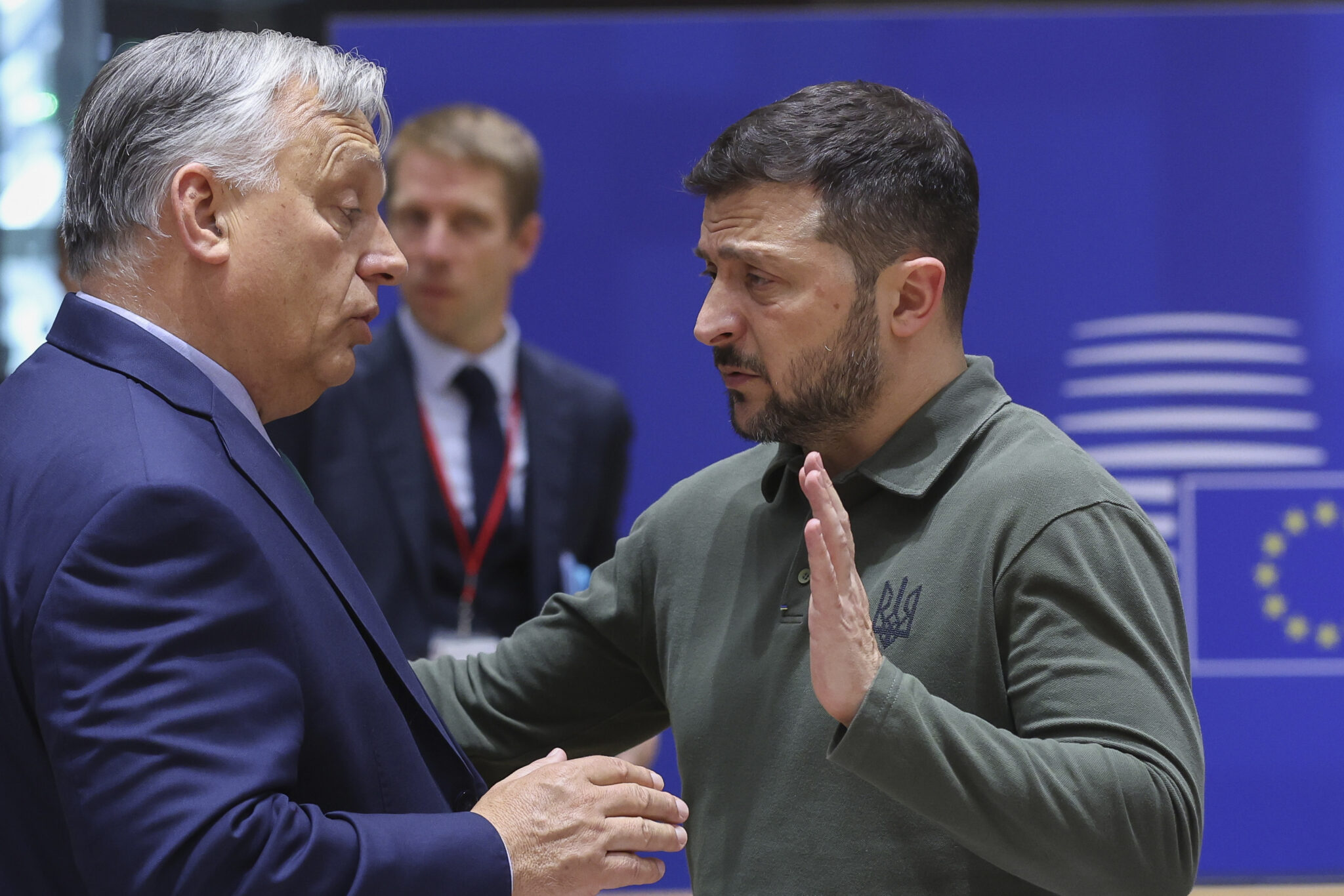Hungary is facing a potential energy crisis over Ukraine’s continued blocking of the Friendship (Druzhba) oil pipeline, with Ukrainian President Volodymyr Zelensky turning up the pressure on Hungary like never before. Now, some members of the Hungarian government are openly speculating whether the move is not being pushed by Ukraine alone, but could be backed by “people in Brussels, or even the pro-war American Democrats.”
“They are punishing us for our support for peace, and now they are attacking our energy security. And it is quite possible that this was not initiated by Ukraine alone, but was helped by the people of Brussels, or even by the pro-war American Democrats. They want to destroy those who are pro-peace by all means. This is unfair, unacceptable and illegal. In any case, we will stand by our pro-peace position and defend ourselves against attacks in every possible way, with every possible means,” said Tamás Menczer, the communications director of Fidesz-KDNP, in a video post published on social media.
Currently, Hungary’s diplomats are scrambling to ensure the flow of oil resumes without interruption, but Budapest may find few in Brussels who are willing to press back against Zelensky, despite Hungary’s status as an EU and NATO member. Hungary is now pressuring the EU to take action against Ukraine, as Hungary relies on Russia for between 70 and 80 percent of its oil imports.
After Hungarian Foreign Minister Péter Szijjártó threatened court proceedings, Ukraine has responded that there has been no reduction in supplies, an outright lie as oil flows have been cut off for weeks.
Oleksiy Chernisov, the president of Naftogaz, Ukraine’s energy giant, stated at a business forum: “The tightening of sanctions against Lukoil in June did not affect the volume of oil transit through Ukraine.”
Ukraine’s foreign minister has also made similar claims.
“I spoke with the Ukrainian foreign minister yesterday, and he said they allow every oil transfer through, but it’s not true,” said Hungarian foreign affairs minister, Péter Szijjártó. “The commission has three days to execute our request, after which we will bring the issue to court.”
Also caught up in the energy crisis is neighboring Slovakia, which had its supplies cut as well. Russian Lukoil, which is now under sanctions from Ukraine, accounts for a third of Hungarian crude oil imports and about 45 percent of Slovakian crude oil imports.
The Hungarian government has taken a number of temporary measures to shore up its energy supply, but Szijjártó says these measures will not help in the medium term.
Last year, Szijjártó warned about plans leaked by the Washington Post detailing how the Ukrainian government had planned to blow up the Druzhba pipeline in the past, specifically to sink the Hungarian economy.






